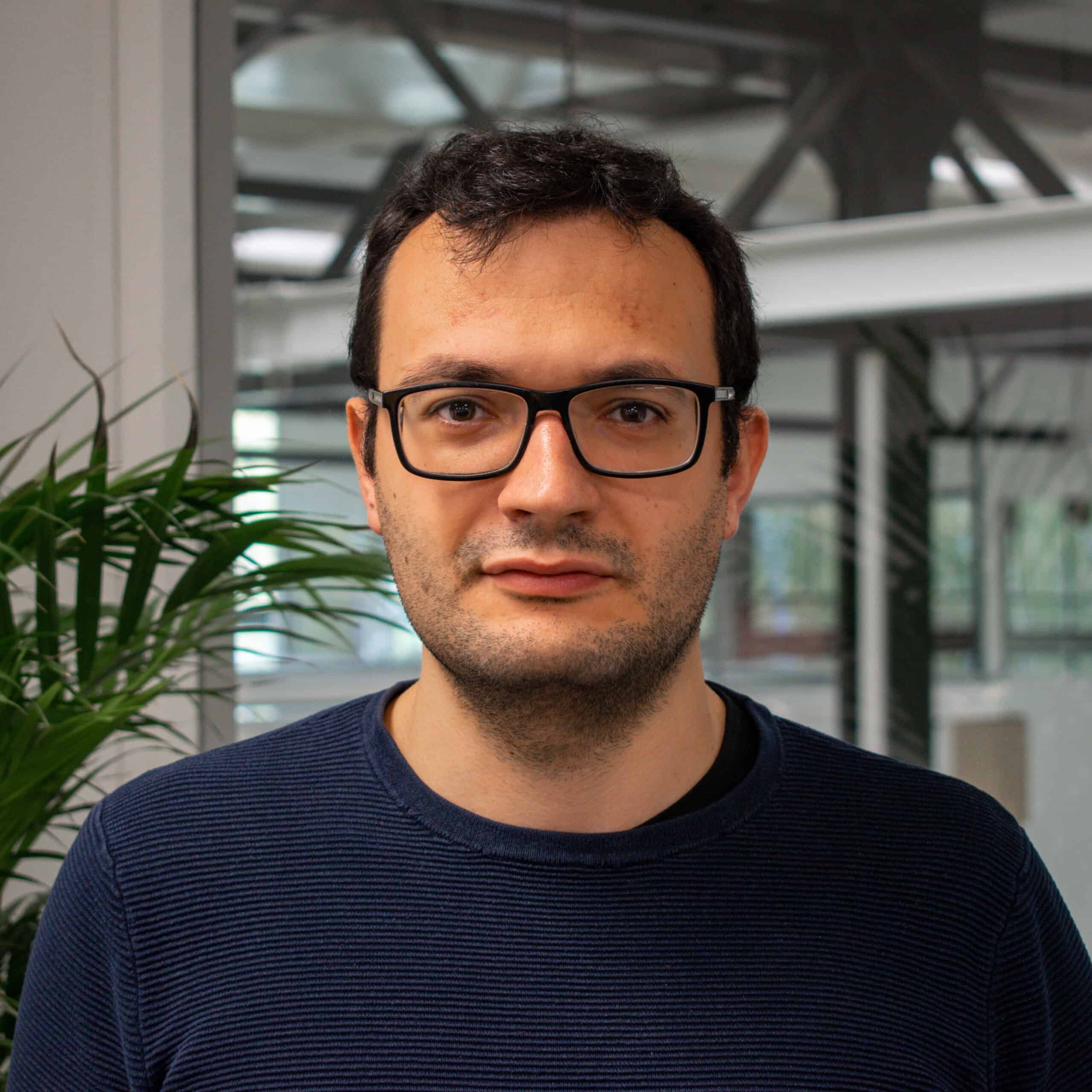
The majority of medical treatments available on the market follow a one-fits-all approach. As a result, medicines work for most patients, but not for those whose bodies don’t respond to the medication. Thanks to a deeper understanding of diseases at a molecular level in recent years, the possibility of tailoring care for each patient has become a reality.
Why this is important:
In the decades to come, we will need more healthcare than ever, so developing effective treatment options, such as precision medicine, is crucial to provide as many care options as possible.
Precision medicine is a rising approach to disease treatment and prevention, considering differences in people’s genes, environments, and lifestyles. Also known as personalized medicine, this approach aims to deliver the right treatments to the right patients at the right time.
Belgian microelectronics research center imec hosted a session about the developments in precision medicine during its ITF Flanders event. Featuring research examples from the institute and its partners, several examples emerged during the breakout session, offering hope for some of the most difficult-to-tackle diseases, such as brain cancer.
New solutions for cancer treatment
One of the medical domains in which personalized medicine can offer most of its benefits is oncology, the branch of medicine focusing on cancer treatment. Brain tumors are some of the most difficult to treat. “Several reasons exist: brain tumor cells are often scattered across the whole brain, and while in most cases surgical removal is applied, the entire organ can’t be removed. Moreover, when looking at different patients, many genetic factors come into play,” said Frederik De Smet. He is a bioengineer and research professor at the Katholieke Universiteit Leuven (KU Leuven), which shed light on single-cell omics as a technique to enable precision oncology.
Single-cell omics involves profiling each tumor cell better to understand the nature of cell types. While the technique offers better insights into cancer’s nature, scientists still struggle to link the appropriate therapy. Functional precision oncology can offer an answer. These techniques consist of keeping some of the cancer patient’s cells alive – after removing them – by applying different therapies to them to understand how cells react. “An example comes from a recent research on leukemia patients. After taking blood samples out, they would test an array of therapeutics on the tumor cells, ranking them based on effectiveness. As they give each patient the most effective drug, researchers witnessed a significant condition improvement,” the researcher highlighted.
De Smet and his colleagues also try to use these techniques to treat brain cancer. Notably, they have been working to collect a biobank at Belgium’s hospitals, profiling cells and creating experimental treatment models.

Speeding up drug discovery with AI
Of all the drugs that enter clinical trials, only 8% make it to the market. How can AI speed up drug discovery and offer treatment possibilities for currently incurable diseases? At imec, they are investigating the possibilities of using it to uncover new drugs.
“You can compare the design of a new medicine to fitting a key into a new lock. The key is the drug, and the lock is the substance causing that disease, usually a malfunctioning protein. When a new medicine fits into the pocket of a targeted protein, it can either lock or unlock that protein, determining the effectiveness of that drug,” said Nele Gerrits, a researcher at imec. In addition, a drug needs to be easy to produce and nontoxic.
Current simulation tests are based on wet lab experiments, which allow for testing a limited number of candidates. By contrast, AI prediction models allow the scanning of more candidates, increasing the possibility of finding a suitable molecule. However, the impact of AI on drug discovery is still limited because of the limited throughput of wet labs. At imec, scientists are amassing more data for usable AI models, building wet labs on chips, generating more data, and then training AI algorithms that can eventually unravel new and ad hoc treatment opportunities.
DNA synthesis with chip technology
DNA holds all of our genetic information, which is transferred to RNA and, from there, translated into proteins that perform many tasks inside our body. In a way, having a hold on DNA is the access door to how the human body behaves. To explore all the possibilities of drug discovery, scientists need to write DNA from scratch, as different options exist.
One way to do so is through chemical synthesis, which imec researcher Kathrin Hoelz compares to building a tower by stacking different blocks on each other. “We can transfer it to a chip surface, where tens of thousands of DNA strands can be grown, switching on the different chip electrodes. This way, we can create full DNA lines,” she underlined. Scaling up this technology is the main aspect researchers are working on as they hope to accelerate drug discovery.

Genetic modification
Genetic modification techniques can also be instrumental in drug discovery. Frauke Christ, innovation manager at the KU Leuven, spoke about using CRISPR-Cas for drug discovery. This approach allows scientists to modify the DNA of living organisms. The CRISPR-Cas system works at the microscopic level: it finds a specific piece of DNA in a cell and then removes, replaces, or inserts a piece of DNA at this location, altering the characteristics of that sequence. Precisely, Christ’s research group links this genetic technique to in vitro models studying its application on cystic fibrosis. This genetic disease mostly affects children and affects all of the body’s mucosal tissues, eventually damaging the lungs and digestive system. Recently, KU Leuven researchers repaired the genetic mutation caused by cystic fibrosis using CRISPR-Cas. Belgian researchers will now also try to use the same gene editing technique to identify drug targets, tailoring treatment to consider even the genetic features a patient may have.

